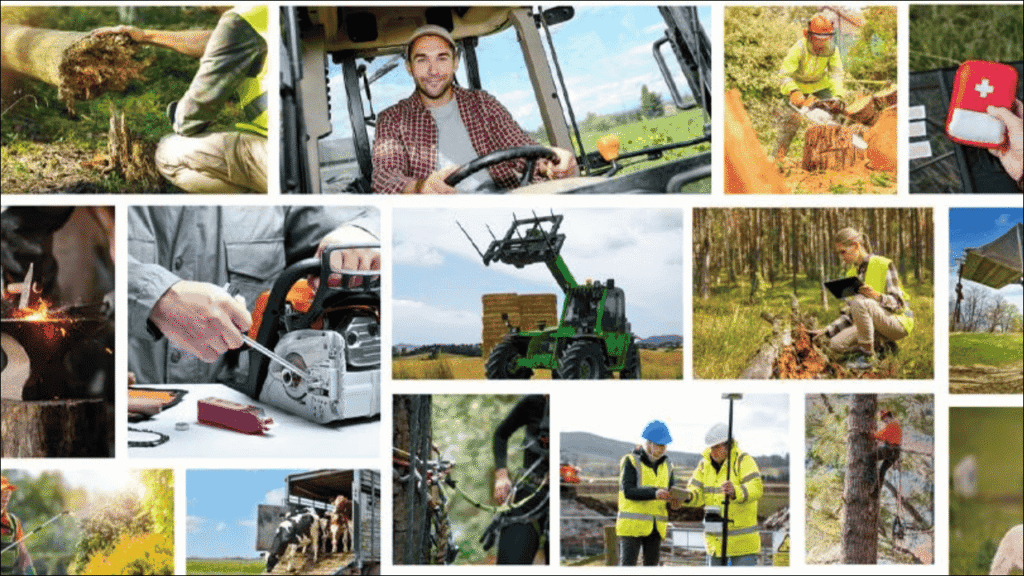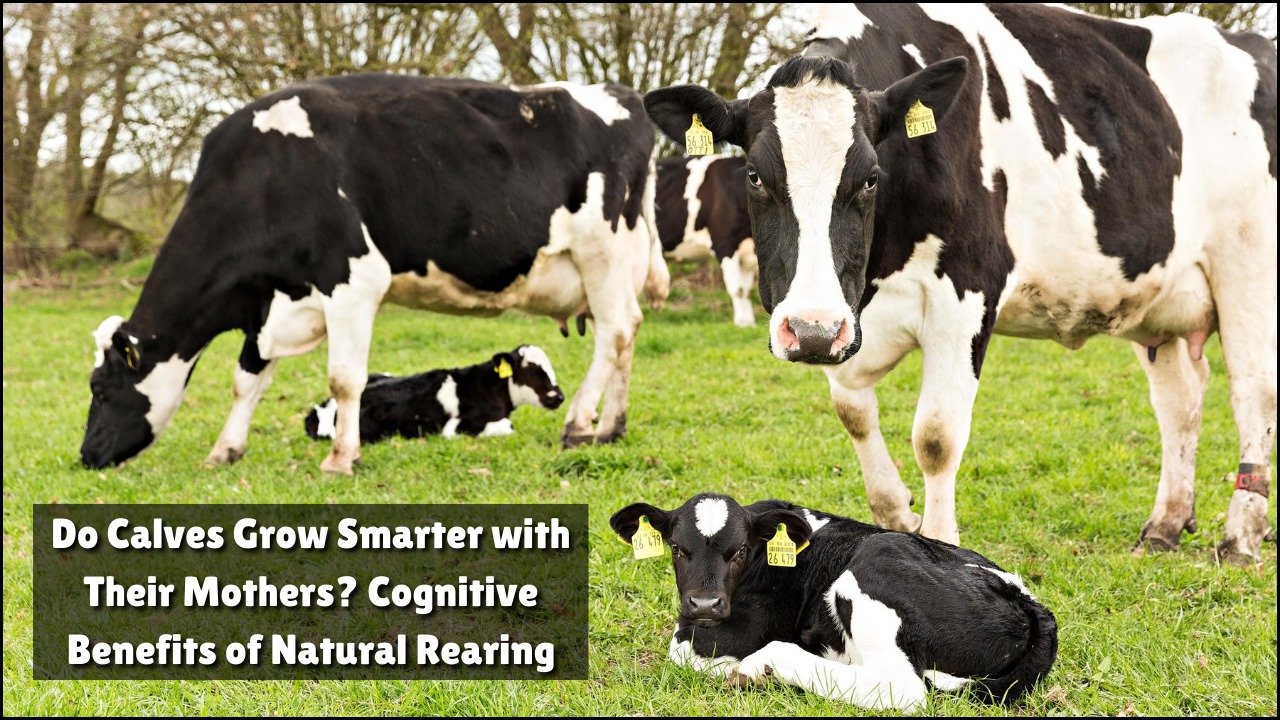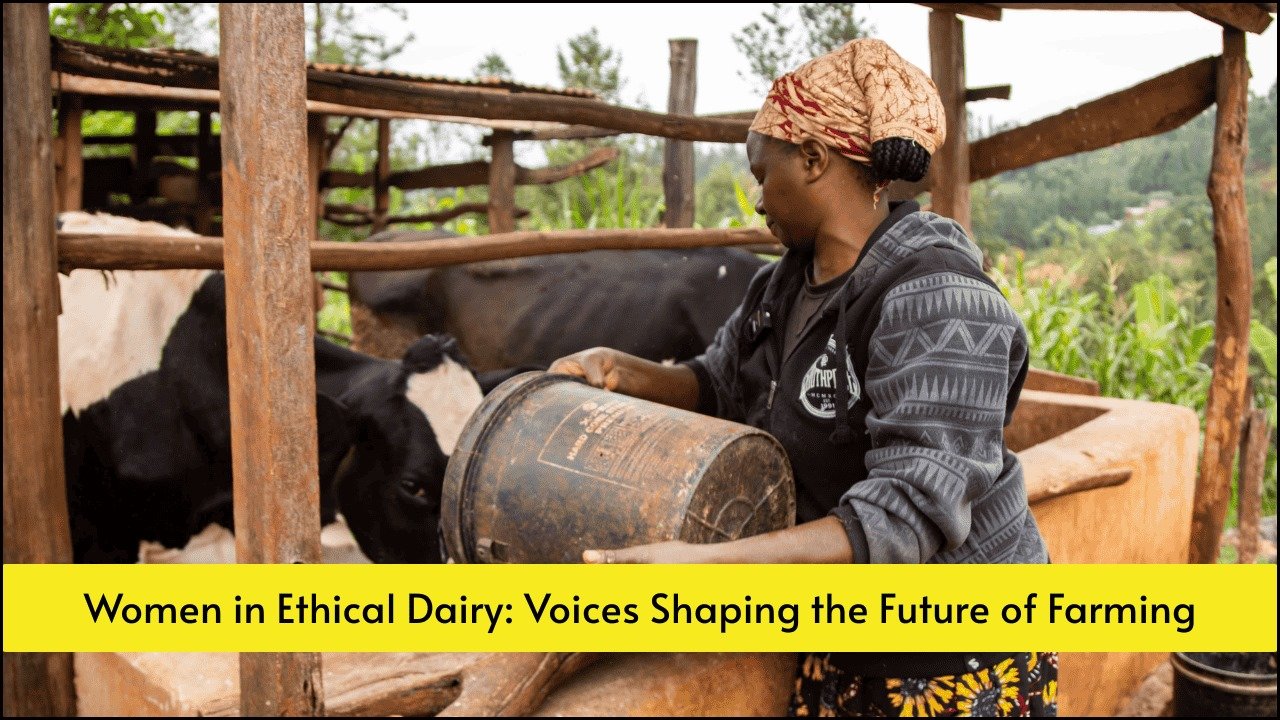
Engineering serves as a dynamic and rewarding career field, offering immense growth potential and specialization. At Scotland’s Rural College (SRUC), the Engineering program focuses on land-based disciplines, particularly Agricultural Engineering and Forestry Engineering. These streams are grounded in modern technology and practical applications. The evolving landscape of engineering now demands proficiency in digital systems and mechanical precision, well beyond traditional tools.
SRUC equips students with expertise in cutting-edge control systems, smart devices, and Information Technology crucial to the agricultural and forestry industries. The institution stands out by integrating industry-relevant skills with academic knowledge, preparing students for real-world challenges and innovation.
Table of Contents
Key Features of SRUC Engineering Programs
- Industry-Relevant Curriculum
- Curriculum integrates theoretical engineering with practical applications.
- Emphasizes real-time problem solving in agricultural and forestry contexts.
- Technology-Focused Training
- Focus on control systems, sensors, automation, and IT infrastructure.
- Training includes machine diagnostics and advanced machinery handling.
- Career Path Diversity
- Two major specializations: Agricultural Engineering and Forestry Engineering.
- Common foundation in mechanical, electronic, and software principles.
- Strong Industry Demand
- Over 6,000 UK companies are engaged in agricultural and garden machinery.
- The sector employs 60,000 people, with 30% working as service engineers.
- Hands-On Experience
- Practical training using modern agricultural and forestry equipment.
- Workshops simulate real working environments to enhance skills.
Engineering Career Paths at SRUC
| Career Stream | Key Skills Developed | Job Prospects |
|---|---|---|
| Agricultural Engineering | Machinery maintenance, precision farming tools, hydraulics, and GPS | Service engineer, machinery sales, equipment design technician |
| Forestry Engineering | Timber harvesting systems, terrain management, heavy machinery | Forestry technician, operations manager, safety engineer |
Course Highlights
| Course Component | Details |
|---|---|
| Control Systems | Emphasis on automation and diagnostics using digital platforms |
| IT and Software Skills | Use of agricultural data systems, GPS tracking, and telemetry |
| Mechanical Systems | Engine mechanics, power transmission, hydraulics |
| Electrical Systems | Basic electronics, control circuitry, and sensor integration |
| Workplace Safety | Risk assessment, machinery handling safety, and compliance knowledge |
| Communication Skills | Technical report writing, team collaboration, and customer interaction |
Why Choose SRUC for Engineering
- Tailored for Land-Based Industries
- Unique focus on sectors often overlooked in traditional engineering programs.
- Strong emphasis on sustainable land use and eco-efficient machinery.
- Proximity to Industry
- Direct ties with UK companies that sell and service machinery.
- Opportunities for internships, site visits, and job placements.
- Expert Faculty and Resources
- Instructors with industry backgrounds.
- Access to modern labs, simulation environments, and on-field equipment.
- Student-Centric Learning
- Small class sizes allow for personalized attention.
- Emphasis on mentoring, peer learning, and skill-based workshops.
Job Roles After Graduation
| Job Title | Sector | Typical Responsibilities |
|---|---|---|
| Service Engineer | Agricultural/Farming Equipment | Diagnostics, repairs, and customer service |
| Field Technician | Forestry Equipment | Equipment setup, logging machinery maintenance |
| Sales and Support Specialist | Machinery Retail | Product demonstrations, technical support, and client liaison |
| Design Assistant | Equipment Manufacturing | CAD design, prototyping, performance testing |
| Maintenance Supervisor | Agri-business Operations | Oversight of equipment health, routine checks, and staff training |
Real-World Impact of Engineering at SRUC
- Innovation in Farming
- Engineers contribute to precision farming, reducing waste and increasing yields.
- Automation and GPS tools help in mapping land for optimal use.
- Sustainable Forestry Practices
- Engineering aids in reducing the environmental footprints of timber extraction.
- Better machine design and control lead to safer and greener operations.
- Boosting Local Economies
- Skilled graduates fill critical gaps in rural and semi-urban sectors.
- Service and maintenance roles create steady income and community resilience.
Skills Gained at SRUC
| Skill Area | Examples |
|---|---|
| Technical Expertise | Machine diagnostics, electrical testing, and software use |
| Analytical Thinking | Fault detection, performance analysis, system optimization |
| Communication | Explaining machinery functions to clients or team members |
| Teamwork | Working in workshops, coordinating with forestry/agri teams |
| Safety and Ethics | Knowledge of legal standards, environmental responsibility |
Engineering Sector Outlook in the UK
- Sector Expansion
- Continuous growth in smart farming and sustainable forestry practices.
- Demand for engineers with both mechanical and digital proficiency.
- Opportunities in Entrepreneurship
- Possibility to start personal ventures in repair, resale, or consultancy.
- Niche sectors like drone surveying and automated irrigation are growing.
- Lifelong Learning
- SRUC encourages alumni to return for further certifications.
- Ongoing evolution of engineering tools necessitates skill updates.
Explore Engineering Courses at SRUC
- Certificate and Diploma Options
- Ideal for early-career learners and those shifting into the sector.
- Bachelor’s Degrees
- Comprehensive programs covering advanced technologies and business readiness.
- Professional Development
- Short-term technical courses for working professionals or business owners.
In Summary
Engineering at SRUC delivers far more than just mechanical training. It opens doors to evolving careers in agriculture and forestry that now require smart technology, critical thinking, and sustainable practices. SRUC’s commitment to industry relevance and practical learning ensures that graduates are prepared to meet the current and future demands of land-based sectors with confidence and competence.





